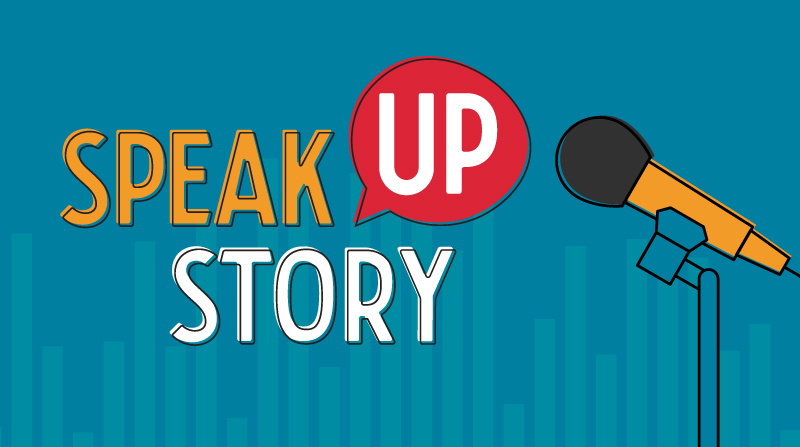🎤 + JAMES STEWARD = NEVER TREAT YOUR AUDIENCE AS CUSTOMERS, ALWAYS AS PARTNERS
DOES AUDIENCE FEEDBACK IMPACT THE CONTENT OF YOUR SPEECH?
The short answer is no; it should not.
Of course, with all things related to speaking (and human communication), the answer is a lot more complex than that.
HERE’S WHY IT MATTERS:
In her HBR 2022 article “The Best Public Speakers Put The Audience First,” Debra Riegal said: “As public speakers, we often feel like we’re at the top of the pyramid because we’re at the front of the room. It can be tempting to interpret a presentation as an opportunity to showcase what we know rather than address what the audience wants and needs to know. But that makes it about us, not about them. In contrast, speakers as servant leaders demonstrate self-awareness, empathy, and foresight.”
Long story short:
It is not about us.
It IS challenging not to make it about us. When you see a reaction that confuses, anger, or distracts you, the instinct is to address it immediately.
And, our instincts are often wrong.
Very wrong.
🎤 MIC CHECK: HOW TO MAINTAIN CONFIDENCE IN PUBLIC SPEAKING DESPITE UNPREDICTABLE AUDIENCES
Public speaking can be a nerve-wracking experience, especially when you’re unsure how your audience is reacting. Here are some insights to help you navigate this tricky terrain. But first… Two Hard Facts
1. AUDIENCES ARE UNRELIABLE
Your audience’s facial expressions or body language may not accurately reflect their engagement or understanding of your presentation. People learn and react differently; what seems like disinterest could actually be deep concentration.
2. YOU ARE UNRELIABLE
Even experienced speakers can misread an audience. Adrenaline and nerves can distort your perception, making you an unreliable judge of how well your message is being received.
Now that we have that established…
Three Strategies for Success
1. DO THE SHOW YOU KNOW
Stick to your well-rehearsed plan. If you deviate too much based on perceived audience reactions, you risk losing control of your presentation and increasing your own anxiety. Remember, a joke that bombed today might have been a hit last week; consistency is key.
2. FOLLOW THE LEARNING
While it’s important to stick to your script, it’s equally crucial to have designated check-in points to gauge audience understanding. This could be a discussion question, an activity, or simply asking for feedback. For example, during one of my talks, I noticed confused faces and paused to ask for clarification. It turned out I was delivering the wrong training session, and a quick adjustment saved the day.
3. Measure Your Impact
Immediate reactions are not reliable indicators of your presentation’s effectiveness. Use tools like post-talk surveys or platforms like TalkADot to gather data-driven feedback. Additionally, consider scheduling a follow-up meeting with a trusted team member or event planner for more contextual insights. In conclusion, while it’s natural to seek audience approval, it’s crucial to remember that both you and your audience are unreliable gauges in the heat of the moment.
Stick to your plan, be prepared to make informed adjustments, and rely on data-driven feedback for continuous improvement.
Keep speaking up your story,

ENCORE: MORE TO EXPLORE

MAINTAINING CONFIDENCE THROUGH AUDIENCE FEEDBACK
Confidence in public speaking is not solely built on polished delivery, but significantly on interpreting and adapting to audience feedback. This video offers crucial strategies on maintaining and growing your confidence by effectively using the reactions of your audience.

THEN THERE WAS THE TIME MY CONSTRAINTS GAVE ME FREEDOM…
I realized that setting constraints and adhering to discipline over motivation leads to increased productivity and stress reduction, even when it’s tempting to do otherwise.



